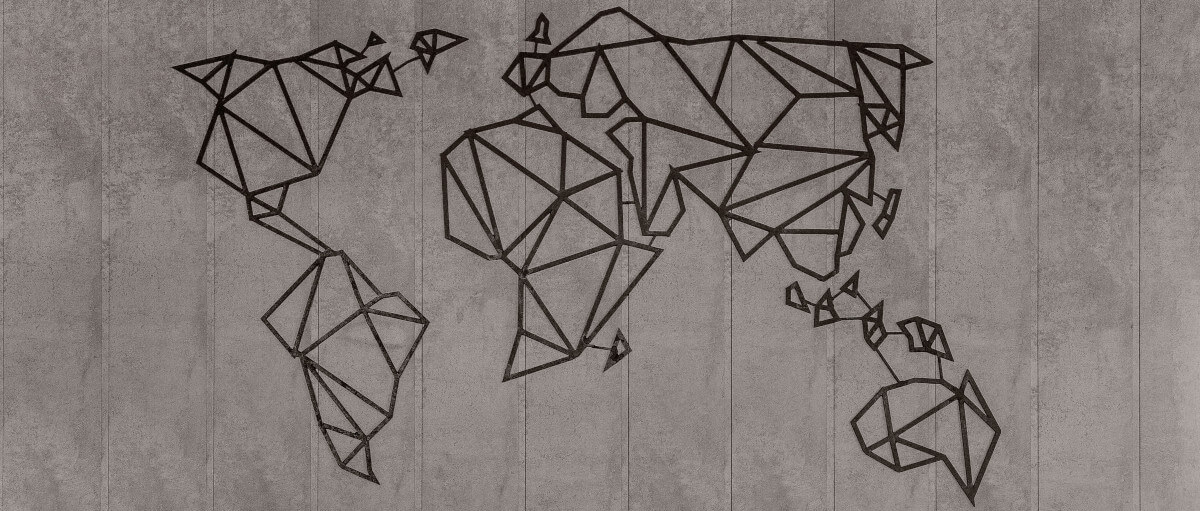setembro, 2020

Detalhes do Evento
[POSTPONED to 2021] A conference concerned with exploring what geospatial technologies such as Geographical Information Systems have to contribute to humanities research. Deadline: 28 February 9 March 2020 Spatial
Ver mais
Detalhes do Evento
[POSTPONED to 2021] A conference concerned with exploring what geospatial technologies such as Geographical Information Systems have to contribute to humanities research. Deadline: 28 February 9 March 2020
Spatial Humanities 2020
We are delighted to announce that the third in the series of Spatial Humanities conferences will be held in Lisbon, 24-25th September 2020. Spatial Humanities 2020 is concerned with exploring what geospatial technologies such as Geographical Information Systems (GIS) have to contribute to humanities research. The main aim is to explore and demonstrate the contributions to knowledge enabled by these technologies, approaches and methods within and beyond the digital humanities. We welcome submissions on all aspects of using geospatial technologies in humanities research, including database development, methodological innovation and applied research that develops our understanding of the geographies of the past.
We welcome contributions from all humanities disciplines including (but not limited to) history (including fields from social science history such as historical demography and environmental history), archaeology, literary studies, classics, linguistics, art history, anthropology and religious studies, as well as from technical fields including GISc, digital humanities, computational linguistics and computer science. Contributions from PhD students are encouraged and bursaries are available (see below). Non-speaking participants are also welcome.
Keynote speakers:
Katrina Navickas, Department of History, University of Hertfordshire
Barbara Piatti, Basel, Switzerland
We also have a scientific committee made up of Spatial Humanities experts from across the world.
Student fee waivers: We are delighted to offer up to four student fee waivers to PhD students who are sole or lead authors of a paper. Applications will be considered by the Scientific Committee on the basis of the quality of the abstract. To apply simply check the appropriate box on the conference abstract submission form.
How to participate: Submissions can be complete sessions or individual papers. A session will usually have three or four papers and a chair. Other formats are also welcome. Individual papers will be assigned to sessions by the scientific committee. To submit, please use the abstract submission form, including an abstract of up to 250 words for each paper.
Deadline for abstracts: 28 February 2020. 9 March 2020
Notification of acceptance: 31 March 2020.
Venue: NOVA FCSH venue in Campolide is easily accessible from Lisbon International Airport, and from there using the Metro red line. In 20 minutes, you can reach São Sebastião station and from there a 15 minutes’ walk will take you to NOVA FCSH campus and Almada Negreiros College (CAN). For more information click here.
Costs: Full registration including teas & coffees and lunch on both days, plus the conference dinner on the 24th, costs €195, reduced to €95 for students. Day rates are €110 (full) and €55 (student) respectively. Accommodation is available in the city and should be booked separately once papers have been accepted.
| 📎 Download a conference flyer | 🔗 Submit an abstract |
Contact details for informal enquiries: spatialhum@lancaster.ac.uk
Conference Organisers:
Daniel Alves, Institute of Contemporary History — NOVA School of Social Sciences and Humanities
Ian Gregory, Digital Humanities Hub, Lancaster University
Scientific Committee:
David Bodenhamer, Indiana University – Purdue University Indianapolis
Isabelle Devos, Universiteit Gent
Tiffany Earley-Spadoni, University of Central Florida
Ruth Mostern, University of Pittsburgh
Patricia Murrieta-Flores, Lancaster University
Enrique Santos Unamuno, Universidad de Extremadura
Luís Espinha da Silveira, Universidade NOVA de Lisboa
Tempo
setembro 24 (Quinta-feira) - 25 (Sexta-feira)
Organizador
Digital Humanities Lab — Institute of Contemporary History — NOVA FCSH and Digital Humanities Hub — Lancaster University
